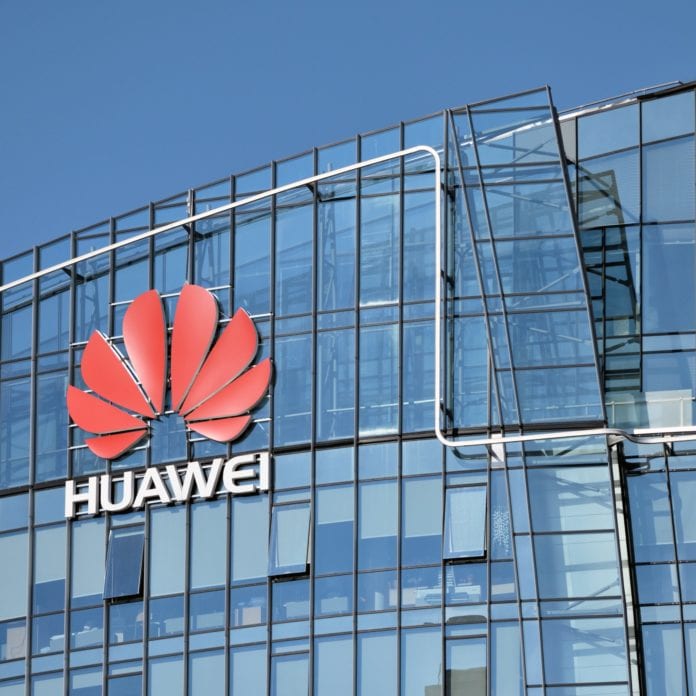Huawei Technologies is already manufacturing 5G base stations without components provided by U.S. suppliers, international press reported the vendor’s founder and CEO Ren Zhengfei as saying.
From October, Huawei expects to produce 5,000 5G base stations per month, and next year it plans to manufacture about 1.5 million stations, Ren reportedly said.
“We carried out the testing in August and September, and from October on we will start scale production, at 5,000 units a month,” Ren said. “So our production capacity this year will be 600,000 and we expect that figure to go up to 1.5 million next year.”
However, Ren said Huawei would still like to use U.S. components if possible because it has “emotional ties” with U.S. suppliers.
In May, the U.S. Department of Commerce added Huawei to its Entity List, a decision that effectively banned the company from buying parts and components from U.S. companies without U.S. government approval. Under the order, implemented over security allegations, Huawei will need a U.S. government license to buy components from U.S. suppliers.
At that time, firms including Google, Intel, Qualcomm and Microm halted shipments due to the restrictions. Huawei relies heavily on computer chips imported from U.S. companies.
In July, President Donald Trump agreed to grant “timely” licensing decisions to U.S. technology firms that want to sell components and services to Huawei. Last month, the U.S. Commerce Department confirmed it had received over 130 applications from U.S. firms for licenses to sell goods to Huawei. However, government officials recently confirmed that all the export licenses requested by U.S. companies are still pending approval.
Huawei recently unveiled plans to mitigate the impacts of U.S. trade exclusion to its core 5G business. Earlier this month, Ren said that Huawei was open to selling the firm’s 5G technology – including patents, code, blueprints and production know-how – to Western firms for a one-off fee.
Ren recently said that Huawei was willing to license its 5G mobile technology to a U.S. company, adding that the offer could also include chip-design know-how.
The executive highlighted that it should be a U.S. company because firms in Europe, Japan, and South Korea already have the relevant technologies needed to develop 5G.
“But the U.S. currently does not have something like this,” Ren reportedly said. “I think that we should give an exclusive license with one U.S. company. After getting a license, they will be able to take our technology to compete with markets around the world.”
The U.S. government believes that Huawei’s 5G tech could by used by the Chinese authorities to carry out spying activities and had been urging Western government to ban the vendor from 5G contracts. This week, U.S. lawmakers proposed a $1 billion fund to help small U.S. operators replace network gear from Chinese equipment vendors including Huawei and ZTE.
Apart from the U.S, Japan and Australia barred the Chinese vendor from participating in the deployment of 5G networks. Huawei has repeatedly denied that its products represent any risks.
At the beginning of September, Huawei said it has shipped more than 200,000 5G base stations globally.
The company had previously said that it aims to ship a total of 500,000 5G base stations before the end of this year. The Chinese vendor also said it has already secured over 50 5G contracts globally.

